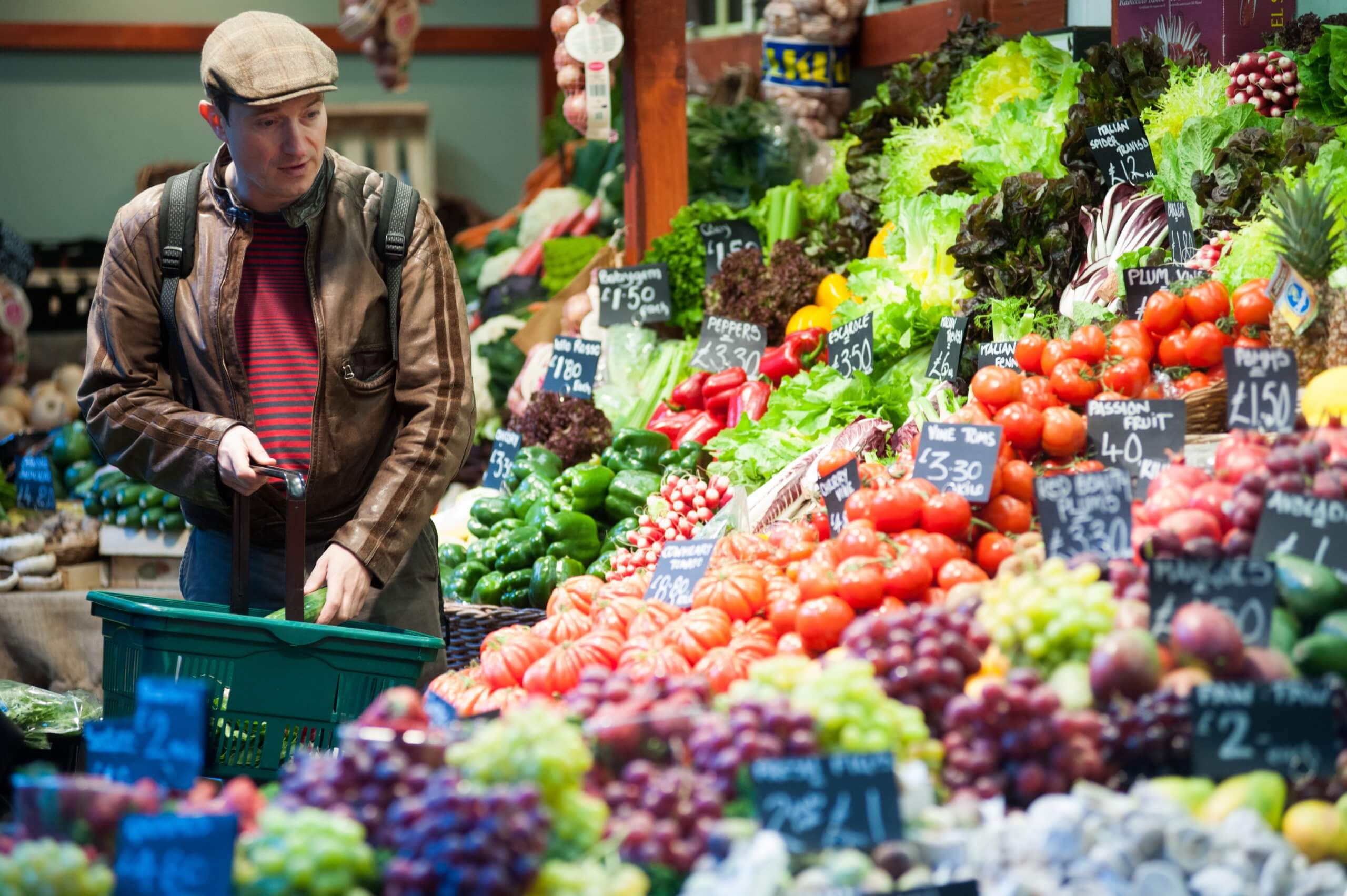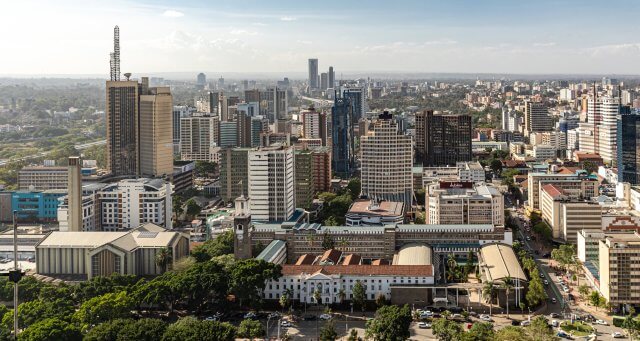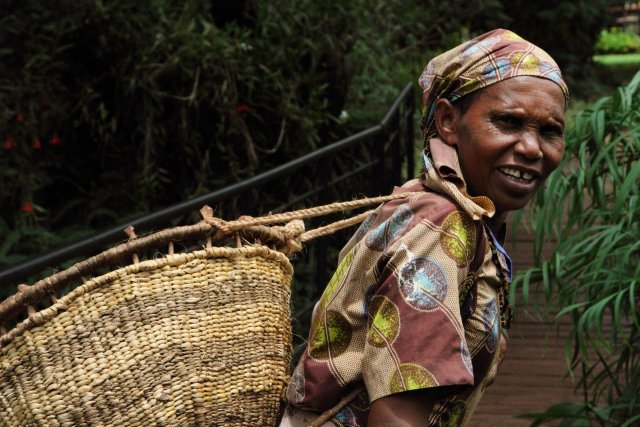The action and its aims
Birmingham developed a strategic plan to increase the uptake of food vouchers under the national Healthy Start scheme for young pregnant women and children in low-income families. The plan involved identifying ‘hot-spots’ with low rates of under-claim of vouchers, and working with key agencies that women and children encounter (from the start of pregnancy until the child’s fourth birthday) and their networks to ensure adequate information is given to those who are eligible. Additionally, the plan involved liaising with retailers to increase acceptance of vouchers, which can be exchanged for vegetables, fruit, and milk, by a wide variety of outlets.
When it was introduced
The strategic plan was implemented from 2018.
Why it was needed
The plan was considered necessary because only 70% of around 17,000 eligible women and families were registered to receive Healthy Start vouchers. As a result, between GBP1.4m-GBP1.6m worth of vouchers that would benefit children and families and boost the local economy were unclaimed each year.
Who initiated it, who is involved
The plan was a pledge developed for the national Peas Please campaign to increase vegetable consumption, run by NGO The Food Foundation. It was drawn up by the charity Services For Education, Birmingham City Council Public Health, Birmingham University School of Health Economics and Harborne Food School.
Impacts to date
During the course of 2018, uptake of Healthy Start vouchers for food increased by 5%, from 70-75% in Birmingham. The same increase is anticipated in 2019 and 2020, bringing total uptake to 85% of eligible women and families.





